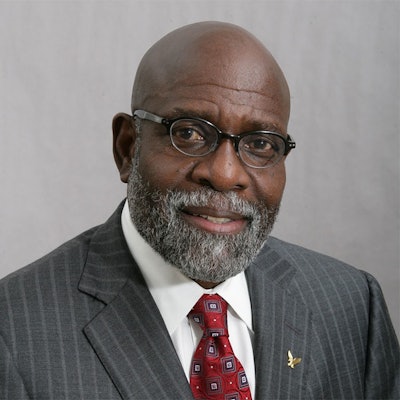In February, the shortest month of the year, American communities, congregations, colleges and schools, social and fraternal groups, state and local governmental bodies, and corporate entities, among others, typically pause to celebrate Black History Month. This annual celebration was launched in 1915 by Dr. Carter G. Woodson, dubbed “the father of Black history.” It remained a weeklong celebration until 1970, when it became Black History Month.
As a public-school student in the Arkansas Delta in the 1950s and 1960s, Negro History was a required social studies class for all “colored” students, as we were called back then. In fact, it was in my Negro history class, and through the Weekly Reader, that I was introduced to such Black luminaries as Booker T. Washington, Carter G. Woodson, Mary McLeod Bethune, George Washington Carver, Langston Hughes, Paul Laurence Dunbar, Thurgood Marshall, Jacob Lawrence, and Ralph Bunche. I was inspired by their commitment to equity and excellence and to the uplift of Black people, long before the current era of diversity and inclusion. Dr. Charlie Nelms
Dr. Charlie Nelms
During this year’s Black History Month celebration, many mayors and governors will issue proclamations extolling the importance of celebrating Black History Month. Ironically, according to an analysis by Education Week, since January 2021, 44 states have introduced bills or taken steps that would restrict teaching critical race theory or limit how teachers can discuss racism and sexism.
More than a dozen states, including my home state of Arkansas, have passed legislation containing such prohibitions. And recently, two days after being sworn into office, Arkansas’s first female governor, Sarah Huckabee Sanders signed an executive order banning the use of the term “Latinx.” Among the plethora of education and economic issues facing the “Natural State,” as Arkansas is called for the beauty of its natural environment, the governor chose to commence her gubernatorial term by focusing on race. At the risk of sounding cynical, I can’t help but wonder if she is seeking to curry favor with certain politicians or factions within the Republican party.
Just before the kickoff of the 2023 Black History Month celebration, Governor DeSantis grabbed national headlines by announcing that the state would ban public schools from participating in a pilot of the College Board’s AP course on African American Studies. The governor and his staff denounced the curriculum as being “woke” and contrary to Florida law. Whether in response to Mr. DeSantis or for pedagogical reasons, the changes made by the College Board were interpreted by many scholars and political pundits as a capitulation to those on the right.





















